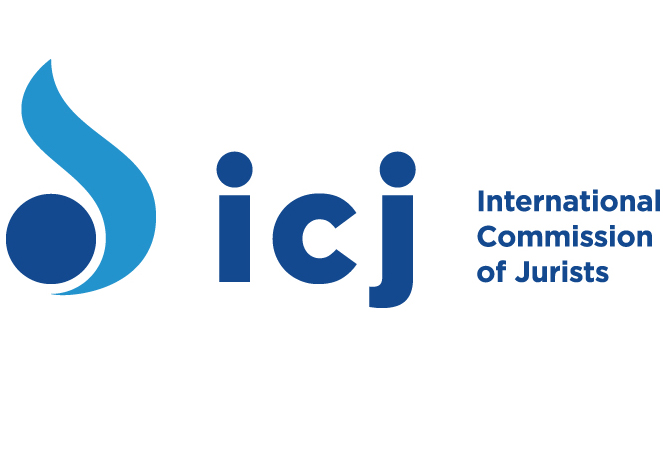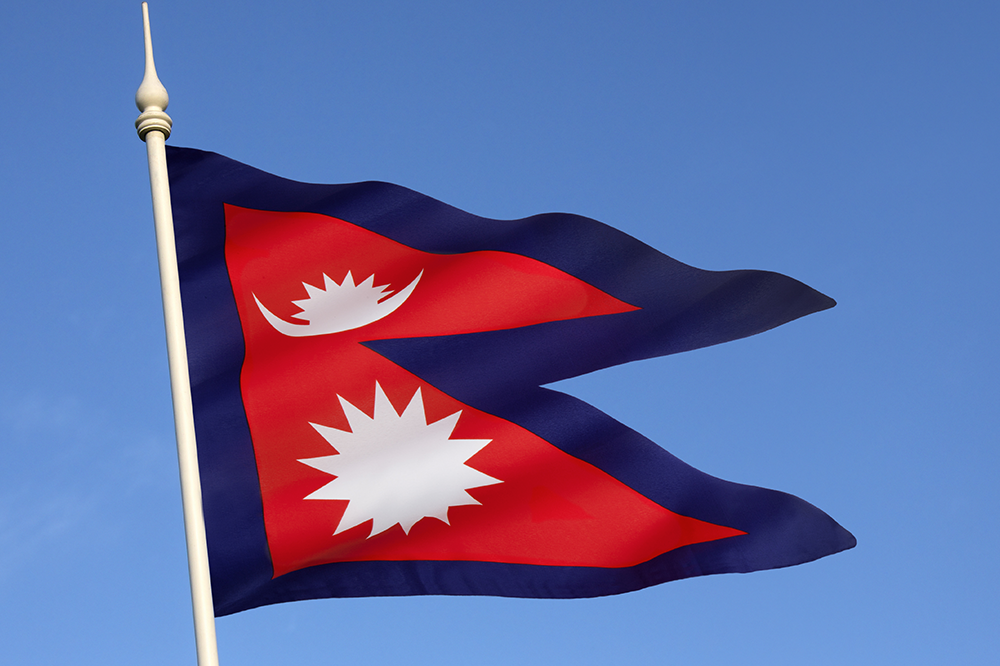
Jul 22, 2009
This ICJ position paper points to the necessity for EU measures to protect procedural rights in EU criminal justice co-operation.
The organizations call on the Swedish Presidency to make explicit that the adoption of these rights will be a prioritized issue during the Presidency and as a result will be included in the Stockholm Programme on justice and home affairs.
Procedural Rights and Safeguards in Criminal Proceedings-position paper-2009 (full text, PDF)

May 15, 2009
The ICJ is particular concerned by the policies and legislation of Malta on administrative detention and expulsion of “prohibited immigrants” and asylum-seekers.
In this review, the Working Group on the UPR and the Council should address the violations or risks of violations of Malta’s human rights obligations resulting from its immigration law, policy and practice.
In particular, the ICJ draws attention to measures of administrative detention and expulsion of migrants in light of the right to liberty and security of the person and of the right to non-refoulement where there are substantial grounds for believing that there is a real risk of torture or cruel, inhuman or degrading treatment or other serious violations of human rights.

May 11, 2009
The ICJ is concerned by the Government’s participation in – and failure to protect its people from – forced evictions.
In its comments on the Initial Report of Cambodia on the implementation of the International Covenant on Economic, Social and Cultural Rights, the ICJ also drew attention to the harassment and absence of protection for human rights defenders who focus on economic, social and cultural rights, particularly those working on housing and land rights.
It also urged the Government to ensure and guarantee the independence and impartiality of judiciary, unhindered access to justice and the right to a remedy for victims of human rights violations.
Cambodia-ICJ’s comments on the Initial Report-Position papers-2009 (full text, PDF)

Apr 14, 2009
Overbroad and vague emergency laws fail to meet basic human rights and criminal justice safeguards, and in some cases grant immunity from prosecution, the ICJ said in a new 47-page analysis brief.
The ICJ called upon the Government of Sri Lanka to initiate a wholesale review of the existing framework of emergency and counter-terrorism laws.
SriLanka-emergencylaws-advocacy-analysis brief 2009 (full text, PDF)

Mar 6, 2009
The systematic practice of enforced disappearances during Nepal’s civil war was among the worst anywhere in the world. The whereabouts of more than 1,000 people are still unknown.
To date not a single perpetrator of past human rights violations has been brought to justice and impunity remains widespread.
The Government has taken a crucial step by introducing a law to address the problem of enforced disappearances. The Ordinance, promulgated by the President on 12 February 2009, criminalizes the act of enforced disappearance, establishes a commission to investigate past cases from 1996 to 2006, and provides for prosecution of perpetrators and reparations for victims.
However, these positive steps could be undermined by the failure of certain provisions to meet international human rights standards. The ICJ paper reviews international law and best practices on enforced disappearances and makes a number of recommendations to improve specific provisions of the Nepali law in key areas and to strengthen the independence and effectiveness of the Commission on Disappearances.
Nepal-Briefing paper on Enforced Disappearances-Analysis briefs-2009 (full text, PDF)
Nepal-CJ calls for amendments-Press releases-2009 (full text, PDF)









